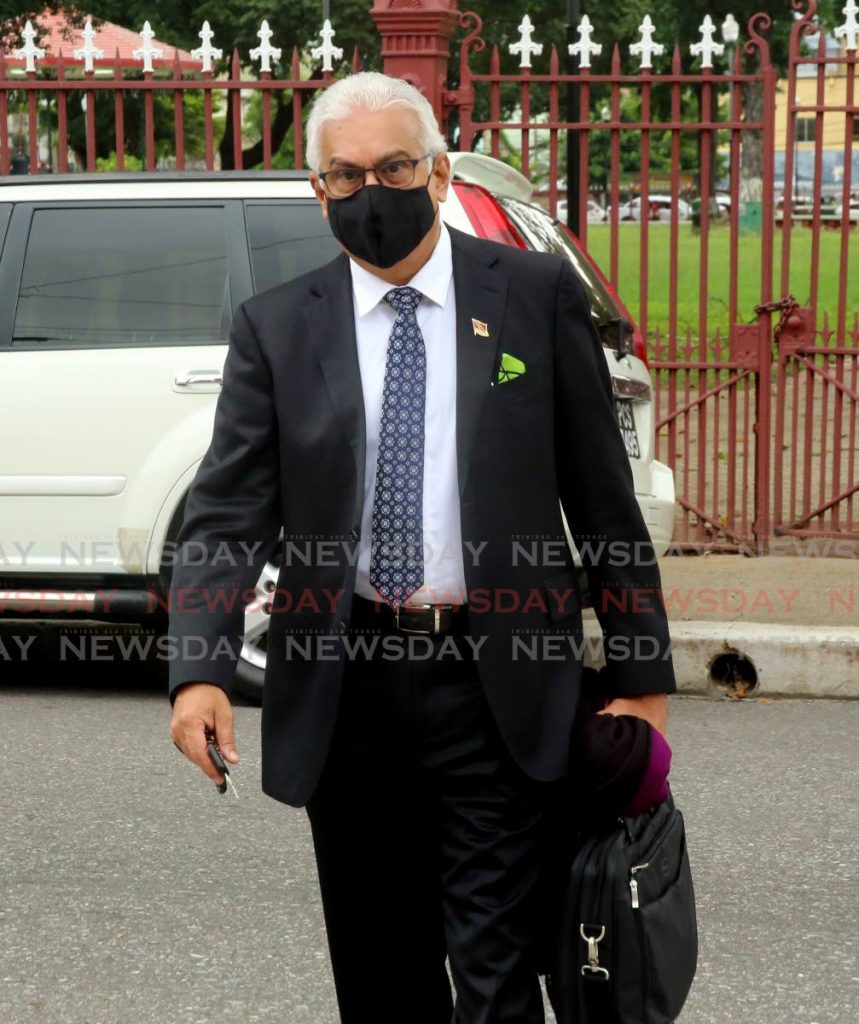Guessing game

THE GOVERNMENT has by now set out a relatively clear plan of action when it comes to how it intends to allocate the use of one-shot Johnson & Johnson covid19 vaccines, going so far as to outline a list of priority groups that will be targeted.
On Saturday, Minister of Health Terrence Deyalsingh announced some of the first tranche of 108,000 vaccines would be used for far-flung coastal communities such as Blanchisseuse and Charlotteville as well as “inland” communities such as Bangladesh in St Joseph, the Marabella Train Line, and Valencia.
By Monday, though, the Ministry of Health also announced the rollout of these vaccines would be “expanded” to include the vaccination of prisoners and staff in the prison system, healthcare workers, and “frontline” workers (the ministry did not define this seemingly catch-all group.)
Whatever the details that remain to be elaborated on, it is good to see the ministry launching a specialised public awareness campaign (called “One Shot and Done”) to inject new life into the overall vaccination drive.
It is also good to see that this vaccine will be used to cover not only people in remote areas but also groups who would have serious impediments to getting to vaccination sites twice. Consideration should be given to adding elderly people in care homes to the list.
However, all of these measures count for naught if they are not informed by proper assessments of the need – and not merely demand – for these vaccines in these specific areas of focus.
In sharp contrast to the specificity of the approach taken with regard to target groups for Johnson & Johnson is the overly lax approach taken by the State in relation to the collation and analysis of data.
“We don’t know the exact number in Bangladesh,” Mr Deyalsingh said on Saturday. “I mean, you could go into the Elections and Boundaries Commission figures by polling division and get some sort of clue. Whilst we do all that, we are going to go into these communities regardless.”
The minister’s comments suggest that while potentially useful data is within the custody of the State, the State is doing a poor job of making good use of that data.
Whether this is due to problems with record-keeping formats, legal constraints or lack of timely co-ordination between agencies, by now the State should have got its house in order, having spent so long waiting for vaccines to arrive.
Mr Deyalsingh himself has weathered severe storms caused by not getting the numbers right. Even if it is felt the State is not at risk of making the same mistakes here again, it should at the very least learn something from these mistakes in order to improve the overall outlook of our healthcare system and the speed and efficiency of this urgent vaccination programme.


Comments
"Guessing game"